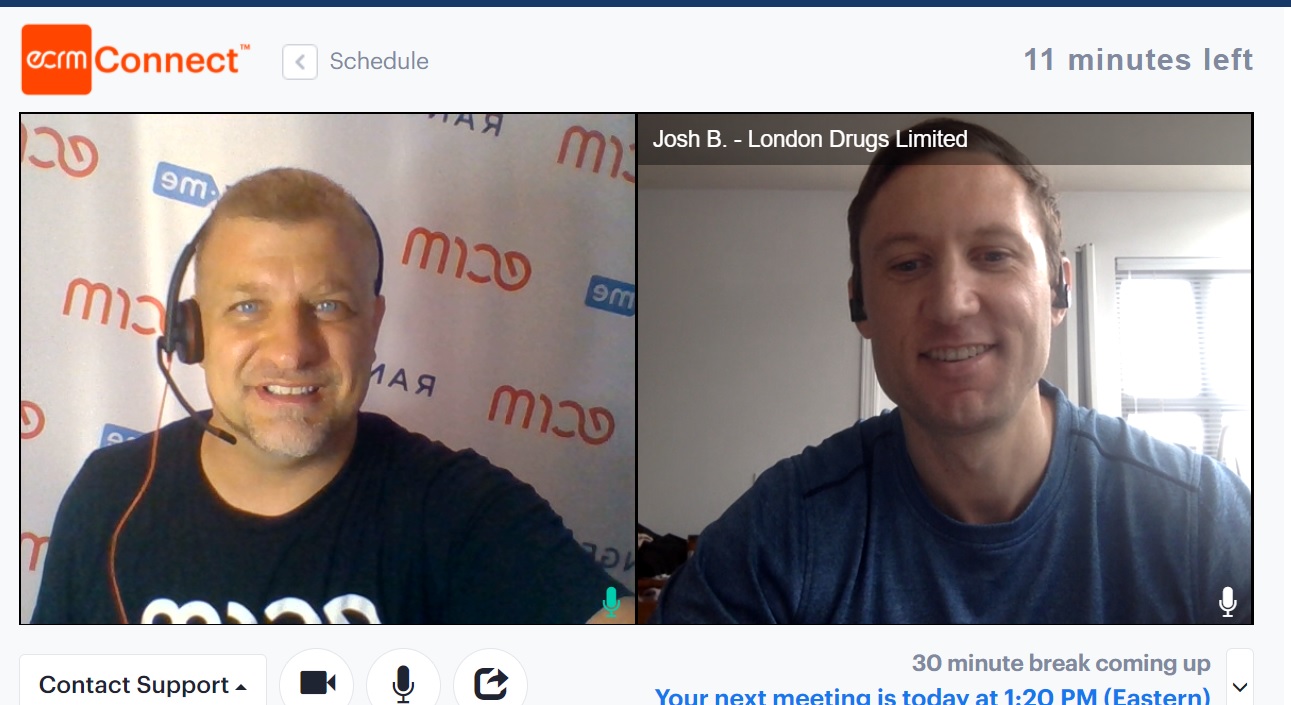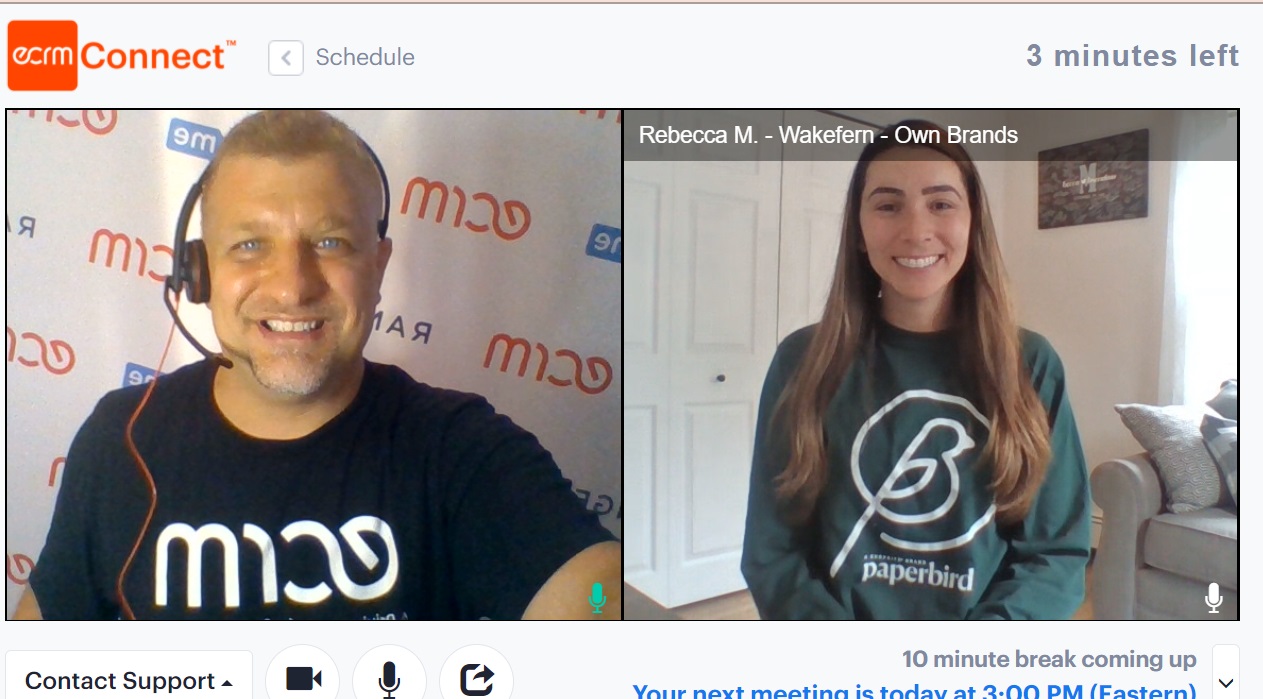What U.S. & Canadian Retail Buyers Expect from International Brands 9/24/2021
 It’s tough enough breaking into the U.S. and Canadian market when you are based here, but for international brands, there are many additional hurdles that must be jumped to get your product on the shelves. In addition to language barriers and geographical distance, there are also many regulations and standards that must be met just to do business in North America. And once you have nailed those down, each retailer may have their own particular set of criteria that international brands must meet.
It’s tough enough breaking into the U.S. and Canadian market when you are based here, but for international brands, there are many additional hurdles that must be jumped to get your product on the shelves. In addition to language barriers and geographical distance, there are also many regulations and standards that must be met just to do business in North America. And once you have nailed those down, each retailer may have their own particular set of criteria that international brands must meet.
To help get a sense of what some of these expectations are, I spoke with a dozen buyers from both U.S. and Canadian retailers during ECRM’s Natural, Organic & Healthy Foods Program, to learn about some of the things they want to see from international brands looking to do business with them. While it goes without saying that you need to have a stellar product and marketing support, following are some other things to consider.
Warehouse products domestically
With all of the issues and delays related to shipping products overseas during the past year, most buyers prefer that international brands warehouse their products domestically, to serve as a hedge against any transportation issues like the ones we experienced due to the pandemic and the Suez Canal jam, each of which caused major supply chain disruptions around the world. Having product on-hand locally can offset the impact of such events.
Solid importer and distributor relationships
Working with an established importer or distributor ensures that international brands can navigate the myriad requirements that must be met to do business in North America. Both the U.S. and Canada each have specific standards and regulations regarding products, ingredients, certifications and packaging, and it can be a bit overwhelming to cover it all on your own.
If you don’t currently have these relationships, retailers can sometimes point you in the right direction. "If we meet with a supplier that has a product in which we are interested, we'll connect them with an importer or distributor if they don't have one," says Josh Braby, Category Manager - Food & Confectionery, London Drugs, Ltd. "We have several relationships with importers that work with suppliers from countries like Italy, Germany, and the U.K., and together we can help provide guidance to those suppliers, as well."

Certifications
Certifications have become increasingly important in the eyes of both buyers and consumers over the past few years, as they help shoppers easily find products with specific attributes they seek, whether they are related to ingredients, sustainability, social responsibility or supplier diversity – for example, USDA Certified Organic, Leaping Bunny, or Veteran-Owned.
The U.S. and Canada each have many certification bodies, so it’s important for international brands to learn which ones are important for consumers in the markets they are looking to target. (Click here to watch a RangeMe webinar on the value of certifications for retailers and brands).
It’s important to note that Canada has some specific certification requirements for food companies looking to do business in that market that a brand must have, even if they are already doing business with retailers in the U.S.
Flexible minimum order quantities
One thing that almost all of the buyers I spoke with (particularly private label buyers) stressed was the importance of flexible minimum order quantities, or MOQs. It’s rare for a buyer to order a containerload from a new vendor, except in cases where that order spans multiple SKUs
"Flexible minimum order quantities are key, particularly with private label products," says Rebecca Montemarano, Lead Innovation Category Manager - Own Brands, Wakefern. "Many international companies prefer to deal with container load quantities, but when it comes to own brands, we need options until we get a read on sales."

For private label items, the same goes for labels and packaging, which often have their own minimums that actually can be higher than the minimums of the products offered.
Great opportunity with opportunity buys
One group of retailers that often will take a full container load from a new vendor are the closeout or opportunity buying retailers. One retailer I spoke with, that has 400 stores on the West Coast, often takes container loads of products from international brands whenever they can get a price that will deliver value to their shoppers. ECRM actually has programs this coming November focused 100 percent on opportunity buys for General Merchandise, Food & Beverage and Health & Beauty Care.
In summary: Deliver a domestic experience!
What it all comes down to is the fact that retailers in the U.S. and Canada, when working with international brands, want the experience to be – for all practical purposes – as seamless as when they are working with domestic brands. Logistics, operations and warehousing must all be buttoned up, necessary certifications should be in place, and having a strong knowledge of the markets in which they plan to serve must be a priority.
On top of this, regular communication and transparency is key. Things happen; we all saw this over the past year and a half. The pandemic threw a wrench into everything, shipping interruptions and price hikes were prevalent, and the costs of ingredient and packaging prices jumped, as well. So for international brands, ensuring that your retail partners are fully informed will help address challenges before they become potential problems, and go a long way to ensure that you succeed in the North American market!

